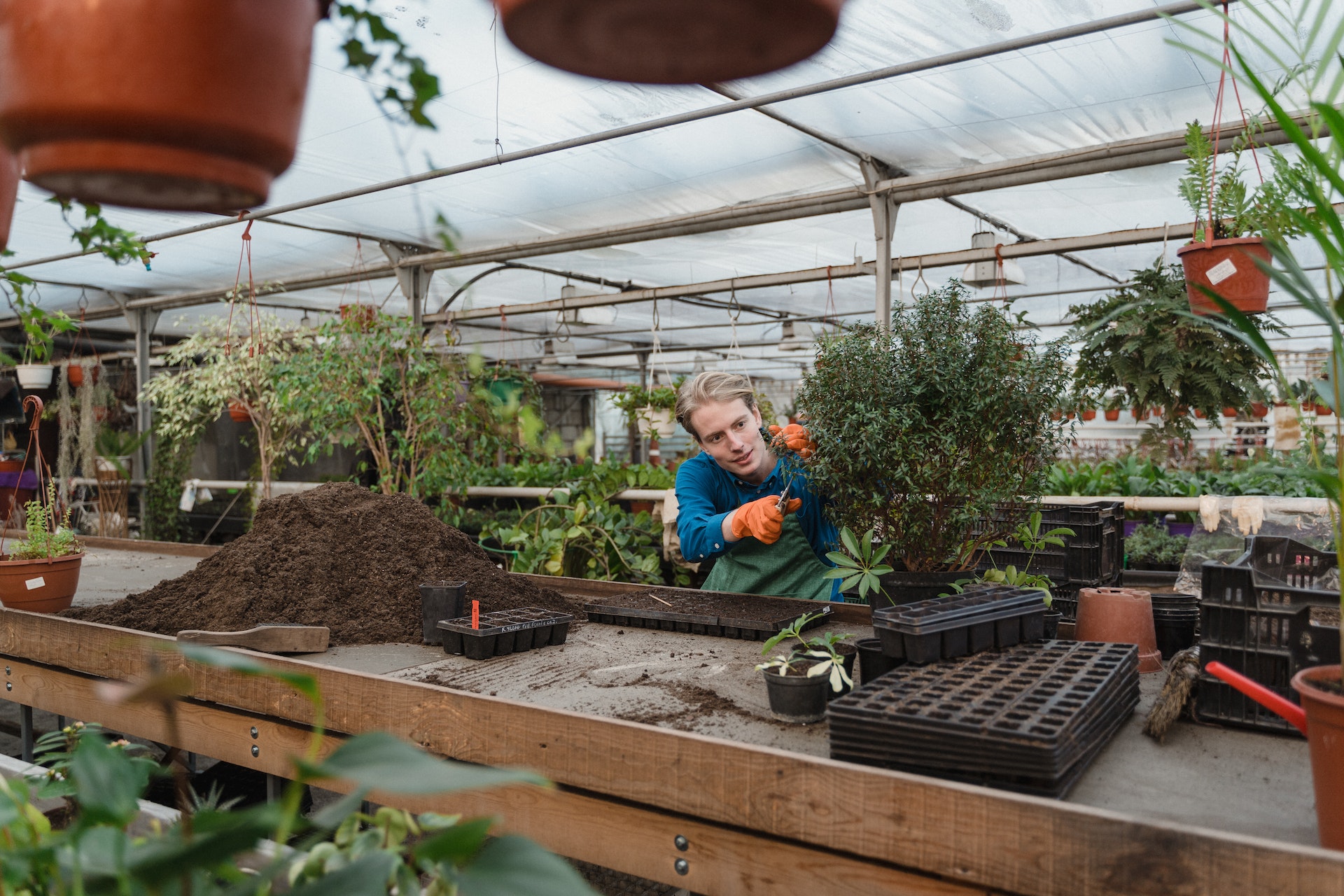Indoor air quality is often attributed to the regular replacement of furnace filters and the use of air purifiers and similar appliances, but many homeowners overlook the significant influence their outdoor garden can have on their home's air quality.
In this blog post, we will delve into the unexpected relationship between your garden and indoor air quality and provide useful tips to enhance both your garden's well-being and the air quality inside your house.
Soil Vitality And Dust Minimization
A flourishing garden starts with fertile soil. By looking after your soil's well-being, you can decrease the amount of dust entering your home. Dust particles may collect in your furnace filter, lowering its efficacy and affecting your indoor air quality. Thankfully, Morris Jenkins technicians can help you to rectify this when they service your furnace.
Improve soil vitality by incorporating organic materials like compost or matured manure, which can enrich soil structure, boost nutrient accessibility, and decrease erosion.
Adequate Plant Watering And Humidity Regulation
Proper watering not only promotes healthy plant growth but also helps maintain ideal humidity levels within your home. Overwatering your garden can cause excessive moisture, which may seep into your house and encourage mold and mildew growth.
Conversely, insufficient watering can lead to parched, dusty soil that may also compromise your indoor air quality. Utilize a moisture meter or simply touch the soil to ensure it is neither overly damp nor excessively dry.
Pest Management And Allergen Mitigation
Garden pests like aphids and spider mites can harm your plants and also affect your indoor air quality. These pests generate allergens that can be carried into your home by the wind or on clothing and footwear. To minimize pest presence in your garden, use natural pest control methods like releasing beneficial insects or applying insecticidal soap.
Additionally, steer clear of chemical pesticides, which can negatively affect your indoor air quality.
Plant Choices And Pollen Reduction
Certain plants produce more pollen than others, and an abundance of pollen in the air can lead to allergies and asthma symptoms. When selecting plants for your garden, choose low-pollen varieties such as hydrangeas, azaleas, and crape myrtles.
Furthermore, avoid situating high-pollen plants, including specific grasses and trees, near your home's air intakes or windows.
Regular Plant Pruning And Maintenance
Pruning and maintaining your plants regularly can help decrease the amount of plant debris and pollen that enters your home. Dead leaves, branches, and other debris can gather in your garden, providing a suitable environment for mold and mildew development.
Keeping your plants in good condition not only enhances their appearance but also reduces potential allergen sources.
Air Circulation And Ventilation
Proper air circulation in and around your garden can significantly affect the air quality inside your home. Dense plants or large hedges can obstruct airflow, resulting in stagnant air and trapped pollutants.
Ensure that there is adequate spacing between your plants and consider using a fan to increase air circulation in areas where natural breezes are insufficient.
Air-Cleansing Plants
Some plants are known to naturally cleanse the air by absorbing harmful pollutants such as formaldehyde, benzene, and trichloroethylene. Incorporating air-cleansing plants like spider plants, snake plants, and peace lilies into your garden can help improve both your outdoor and indoor air quality.
In Conclusion
The relationship between your garden and indoor air quality may be more intertwined than you initially thought. By implementing measures to enhance your garden's well-being, you can also improve the quality of air within your home. From soil vitality and plant choices to pest management and ventilation, simple alterations to your garden can lead to a healthier living environment.
